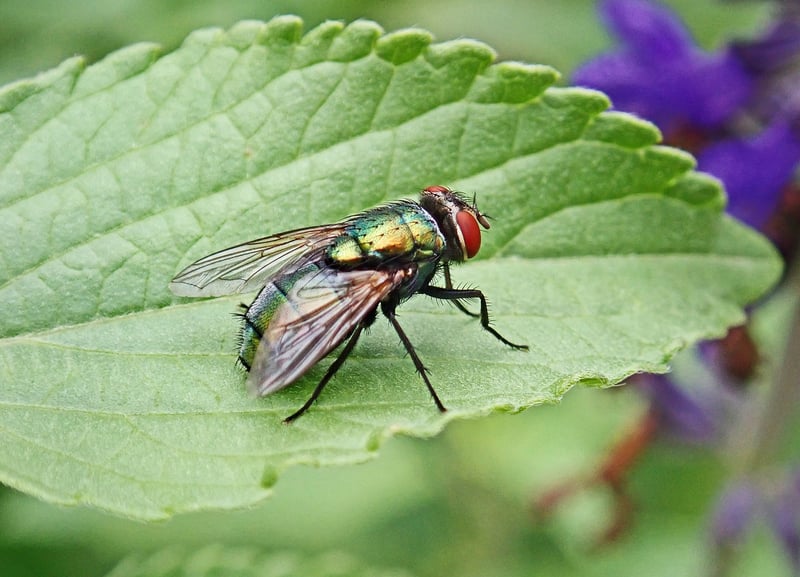Identifying Common Pests
Protecting Your Garden: Identifying Common Pests
Having a beautiful garden is a rewarding experience, but it comes with its fair share of challenges, especially when it comes to dealing with pests. Identifying common garden pests is the first step towards protecting your plants and ensuring a thriving garden. Let's explore some of the most common pests you may encounter and how to deal with them effectively.
Aphids
Aphids are tiny insects that feed on the sap of plants, causing leaves to curl and distort. They reproduce quickly, making them a common nuisance in gardens. To control aphids, you can introduce natural predators like ladybugs or use insecticidal soap to keep their population in check.
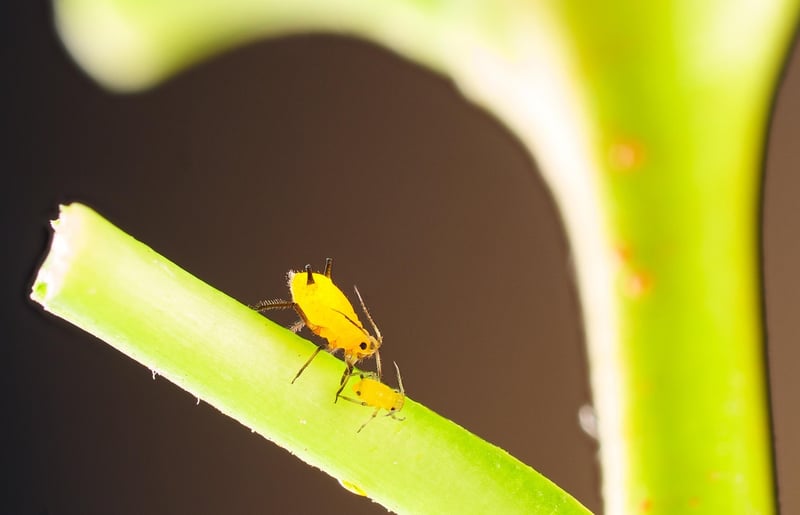
Slugs and Snails
Slugs and snails are known for their voracious appetite and can quickly decimate young seedlings and tender plants. To protect your garden from slugs and snails, consider using barriers like copper tape or diatomaceous earth. You can also handpick them in the evening when they are most active.
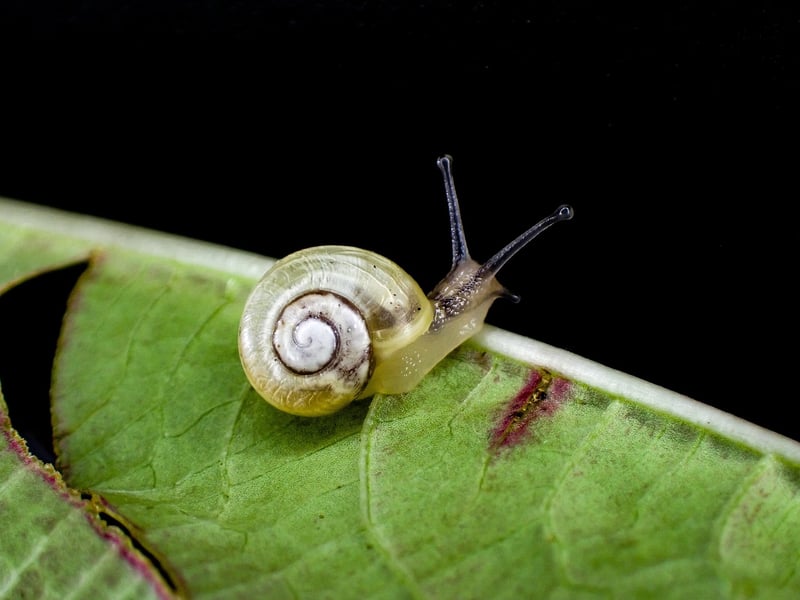
Whiteflies
Whiteflies are small, flying insects that congregate on the undersides of leaves, sucking out plant juices and causing yellowing and wilting. To combat whiteflies, you can use yellow sticky traps or introduce natural predators like parasitic wasps.
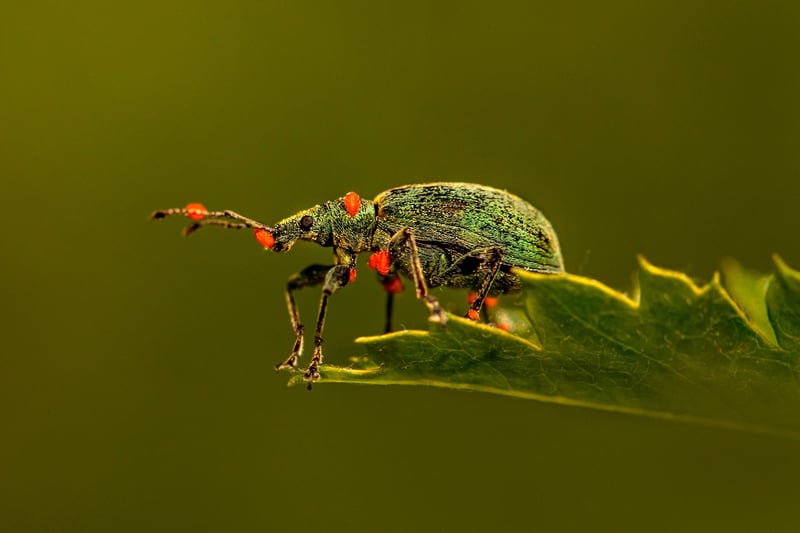
Caterpillars
Caterpillars are the larval stage of moths and butterflies and can quickly munch through foliage, causing extensive damage to plants. Handpicking caterpillars or applying Bacillus thuringiensis (BT) can help control their population effectively.
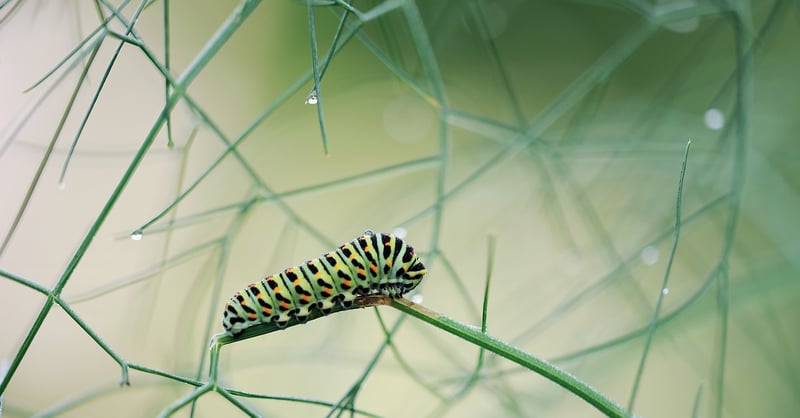
Thrips
Thrips are tiny, slender insects that feed by puncturing plant cells and sucking out the contents, leading to silvering or bronzing of leaves. To manage thrips, consider pruning infested plant parts and using reflective mulches to deter them.

By being able to identify common garden pests and knowing how to deal with them effectively, you can protect your garden and promote healthy plant growth. Remember to regularly inspect your plants for signs of pest infestations and take prompt action to keep your garden thriving.
